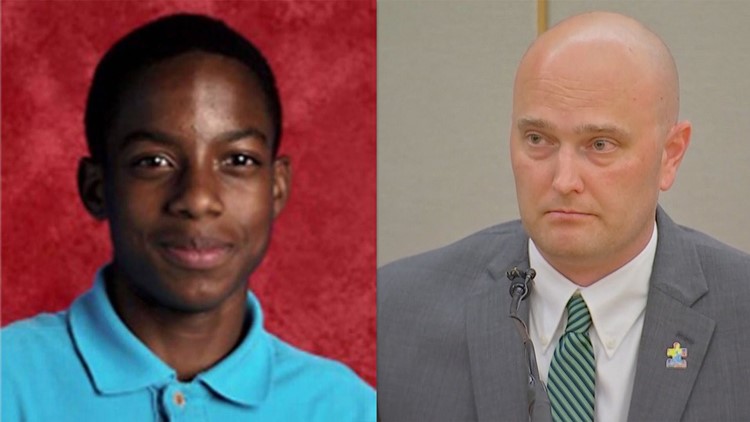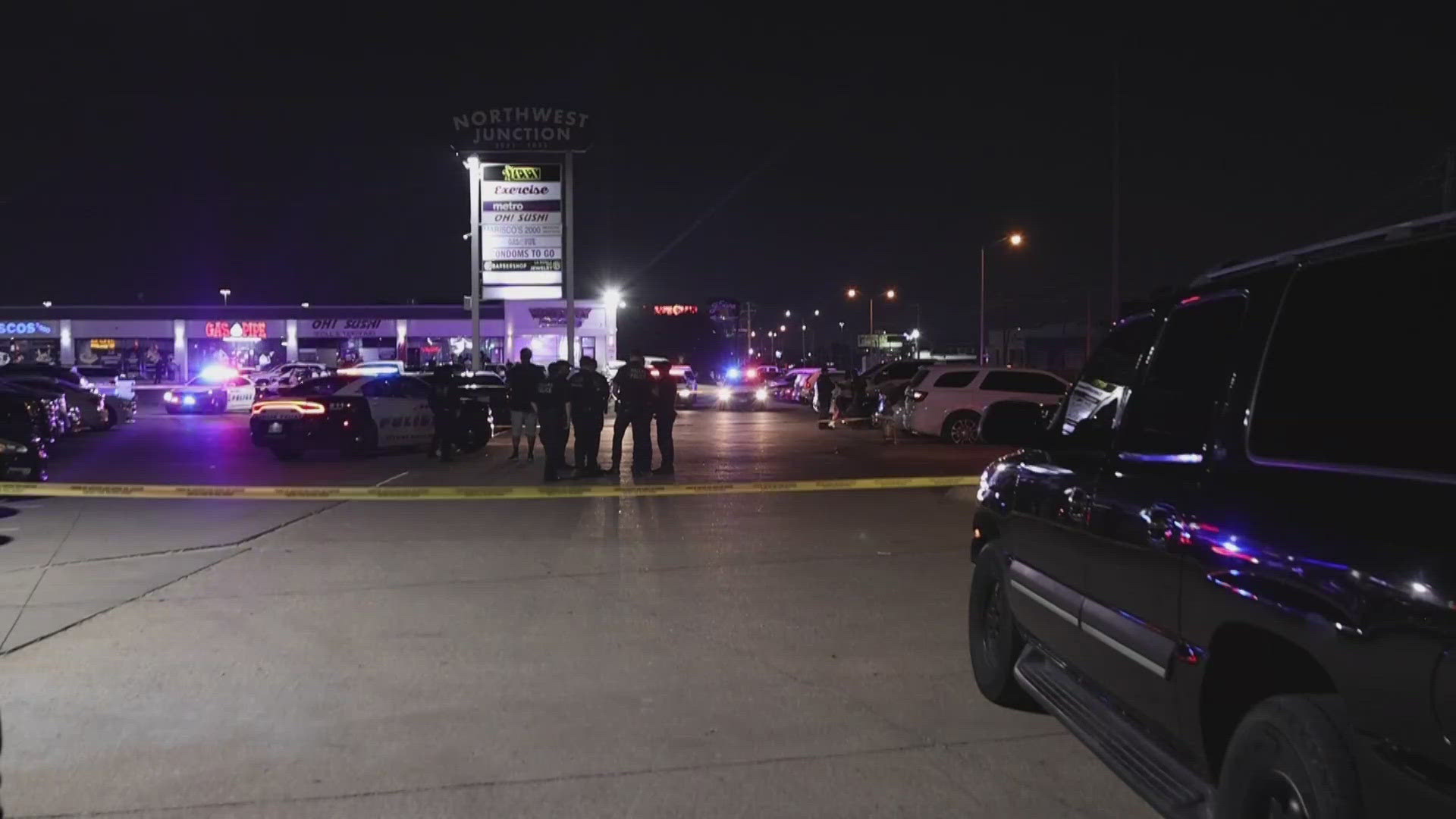Roy Oliver will stay behind bars.
The Fifth District Court of Appeals Monday upheld a 2018 Dallas County jury's decision to convict the ex-Balch Springs police officer for the murder of unarmed 15-year-old Jordan Edwards in 2017. The jury sentenced Oliver to 15 years in prison and a $10,000 fine, a sentence that the appeals court upheld Monday.
Oliver fatally shot Edwards, 15, after responding to a party in Balch Springs on April 29, 2017. Edwards was in a vehicle that was leaving the party when Oliver fired his AK-15 rifle five times into the car, striking Edwards in the head, according to testimony at trial.
Oliver testified that he shot at the car because he feared his partner, officer Tyler Gross, was in danger. Body camera footage showed the car was moving away from the officers, and Gross testified that he wasn't in fear for his safety.
In 2018, the jury deliberated for more than five hours before returning a conviction. It was the first murder conviction of a police officer in Dallas County in more than 40 years.
The basis for much of Oliver's appeal, according to court documents, stemmed from Garrity v. New Jersey, a U.S. Supreme Court case from 1967 that held that law enforcement officers and other public employees have the right to not self-incriminate themselves if those statements would result in the loss of employment.
The ruling led to the so-called "Garrity warning," which investigators give to suspects in internal and administrative investigations in the same way Miranda rights are read to criminal suspects.
Oliver's attorneys argued that statements he made on the stand qualified for protection under the Garrity warning. The appeals court ruled that they did not.
Oliver will be eligible for parole after he has served seven-and-a-half years in prison.



